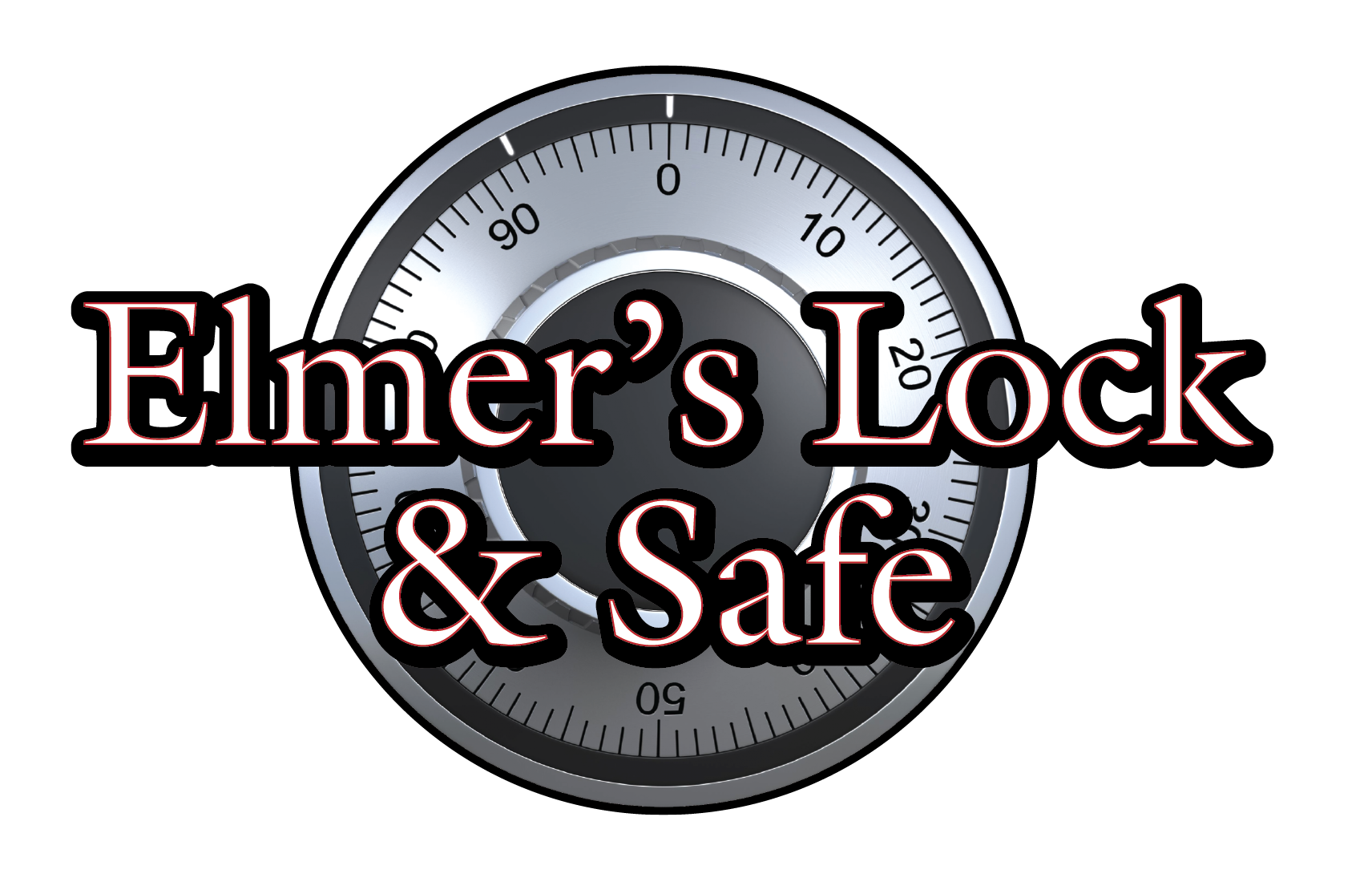Which Lock is Best? Electronic Lock or Mechanical Deadbolt
Choosing the right deadbolt lock involves more than simply selecting the cheapest option available. It's essential to consider your lifestyle and security needs to make the best decision. Below, we've outlined the pros and cons of mechanical and electronic locks to help you determine the most secure and stylish option for your home.
Mechanical Deadbolt Advantages
Affordability
If budget constraints are a concern, a mechanical deadbolt might be the ideal choice. These locks are available across a wide price range, although it's crucial to evaluate their security grades before purchasing. A cheaper lock may appear cost-effective initially but could wear out faster, leading to higher replacement or repair expenses in the long run.
Greater Style Variety
Mechanical locks are available in numerous styles and finishes, making them appealing when designing a cohesive aesthetic for your home. Whether you want a classic or modern look, there's likely a mechanical lockset that fits your personal style—a range that electronic offerings may not yet match.
Mechanical Deadbolt Disadvantages
Risk of Getting Locked Out
One of the major drawbacks of mechanical locks is the chance of locking yourself out. If you accidentally leave your keys inside the house, you might face the inconvenience and expense of hiring a locksmith or devising an alternative method to regain access.
Limited Access Control
Allowing temporary access to your home for someone like a housekeeper or friend often requires giving out a spare key. This approach can be inconvenient and potentially risky, especially if the spare key gets lost or falls into the wrong hands.
Cumbersome Keys
Carrying keys can be a hassle, particularly if you're active. Whether you're out jogging or running errands, managing keys can feel cumbersome and may limit your convenience, particularly when your hands are full or during late-night returns.
Electronic Deadbolt Advantages
Keyless Convenience
Say goodbye to keys with electronic deadbolts! These locks allow you quick and easy access using a custom PIN. This feature eliminates the risks of being locked out or weighed down by keys, offering unmatched convenience for active lifestyles.
Improved Access Control
Electronic deadbolts simplify granting and managing access for others. You can create unique PINs for housekeepers, babysitters, or friends, customizing access times for added security. For example, some models, like the Schlage Sense™ Smart Deadbolt, allow time-sensitive PIN configurations, ensuring seamless control over who enters your home and when.
Electronic Deadbolt Disadvantages
Higher Cost
Electronic locks generally cost more than mechanical locks, typically ranging from $100 to $250 based on features and security levels. Opting for a non-home automation model might reduce costs, but budget-conscious buyers may still find mechanical locks more appealing.
PIN and Battery Maintenance
Forgetting your PIN or neglecting the battery can result in temporary lockouts. However, electronic locks typically offer backup options like a mechanical key or, in some models, a 9V battery for emergencies. To prevent issues, choose an easy-to-remember PIN, store it securely, and replace your lock's battery annually—perhaps synchronizing this with replacing your smoke detector's battery.
Limited Style Choices
While modern and sleek, electronic locks often lack the wide variety of designs and finishes found in mechanical options. If style coordination is a top priority, the limitations of electronic locks may be a consideration.
Making the Right Choice
No matter which lock you choose, ensuring that it complements your security needs and style preferences is crucial. At Elmer’s Lock and Safe, we’re here to assist you in selecting and installing the best lock for your home. Contact us today to learn more!
